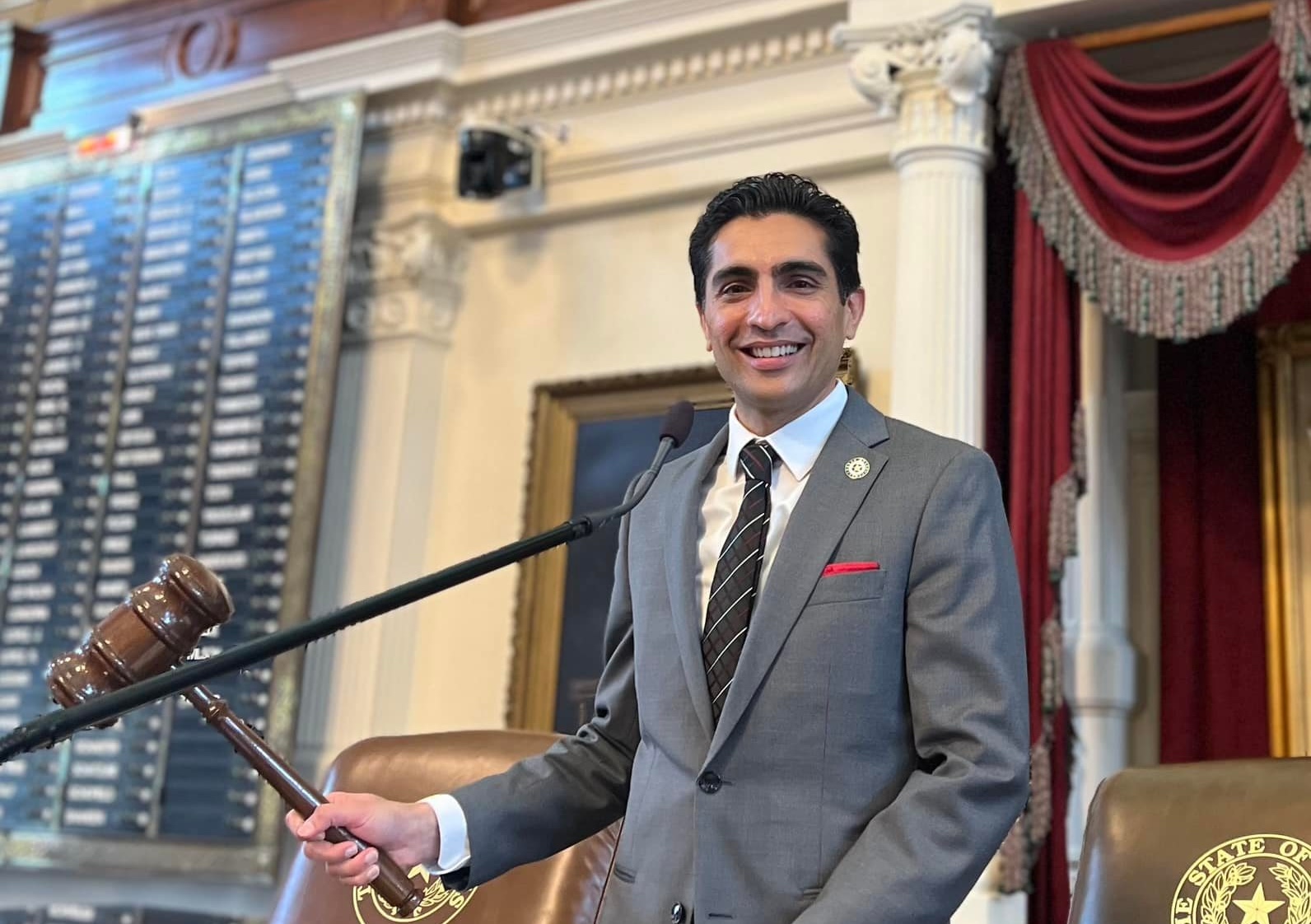Legislation to protect free speech on college campuses is one step closer to the governor’s desk, after being passed unanimously out of the Texas Senate on Wednesday.
Senate Bill 18, by State Sen. Joan Huffman (R–Houston), seeks to reverse the trend by requiring universities to create clear free-speech policies that protect students’ rights—as well as the ability of student organizations to invite speakers—from obstruction by overzealous administrations and disruptive student protestors.
“Recently, higher education campuses have become the focus of those concerned about free-speech rights as restrictions on speech content by public institutions of higher education could potentially violate constitutional principles,” Huffman told members of the Senate in her bill layout. “It’s critical that free speech is protected, even if the speech in question is unpopular or contentious.”
The legislation comes after an interim committee hearing last year in which Lt. Gov. Dan Patrick charged senators with studying the issue on the heels of an event in Houston where State Rep. Briscoe Cain (R–Deer Park) was removed from the Texas Southern University campus.
Cain has filed similar, stronger legislation in House Bill 2100.
During debate, State Sen. Paul Bettencourt (R–Houston) reminded members of a recent incident at the University of Texas in which members of the Young Conservatives of Texas group had an event shut down by protestors who tore up, and in one incident ate, their signs in support of now Supreme Court Justice Brett Kavanaugh.
The organization took to Twitter to celebrate the bill’s passage:
SB 18 re: campus free speech and expressive activities has passed unanimously in the Senate! Great work Senators @joanhuffman and @SenJaneNelson!
— Young Conservatives of Texas (@yct) March 20, 2019
During the legislation’s hearing in the Senate State Affairs committee, members of the Young Conservatives of Texas testified in favor of the legislation, sharing personal examples of censorship from campus administrators.
The Foundation for Individual Rights in Education, a national free-speech organization, pointed out that Texas lags behind other states in protecting the free-speech rights of students, with the organization taking part in several lawsuits against Texas universities.
While the legislation is certainly an improvement over the status quo, some have criticized the bill for not going far enough, leaving too much discretion at the hands of college administrators over their free-speech policies.
Lawmakers in the Texas House will soon have the opportunity to strengthen SB 18 once the bill, expected to be sponsored by State Rep. Charlie Geren (R–Fort Worth), is scheduled for a hearing.





